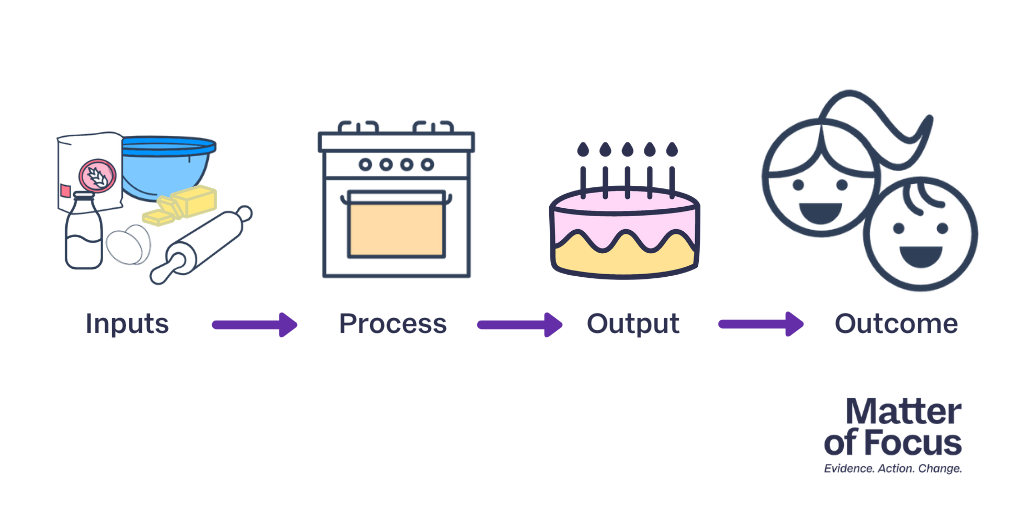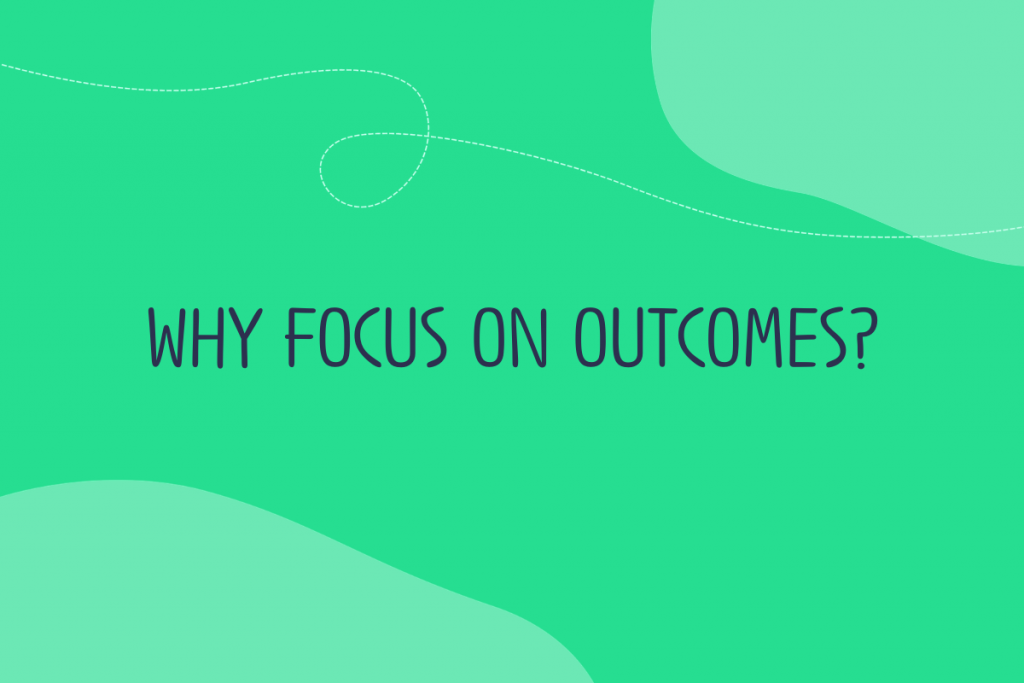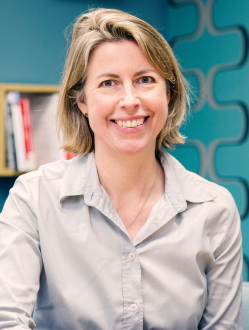This is not surprising given the lack of consistency in the way the term is used across policy, practice and research. As a result it has become a concept that everyone uses, but few truly understand, which can make it hard to put outcomes into practice.
The three types of outcomes
Programme level outcomes
Outcomes are most commonly defined as the end result or impact of a service, programme or intervention. Outcomes can be:
- identified at the start of a process to show what it aims to achieve and
- evaluated at the end of a process (or as you go) to understand the difference made
We refer to these kinds of outcomes as programme level outcomes.
Population outcomes
Many national and local organisations also refer to outcomes when they are describing or measuring how things are for their population.
Population outcomes are not outcomes in the truest sense of the word as they are not directly linked to any specific activity or intervention. Instead they are a description of how things are for people living in this place / country, or how the government would like them to be.
Personal Outcomes
A final way in which the term outcome is used is to talk about Personal Outcomes, which describe the things that matter to a person. Taking a ‘personal outcomes approach’ (such as the Talking Points approach1) involves having a good conversation with the person that explores their hopes for the future and creates a plan for how this can be achieved, drawing on the person’s own assets as well as formal supports where needed.
Personal outcomes are distinct from the outcomes for individuals of a programme or intervention, which may or not be things that matter to a person. For example, going to a day centre may increase the person’s social contact, but not with people they value spending time with.
The a-ha! moment
Here is a slide which often gets an ‘a-ha!’ reaction when we present it:

An outcome is the end result of a chain of events that starts with inputs and processes, leads to an output (in this case, the birthday cake) which then leads to an outcome (happy children). What we’re talking about when we’re focusing on the outcome is the happy child, not the cake.
Getting your head around outcomes can take time2. We have learnt, however, that once people have the ‘light bulb moment’ and can think confidently about outcomes, it helps solve seemingly intractable problems at work and in the rest of life. The simple exercise of asking questions like ‘Why are we doing this? What do we hope to achieve? What difference will this make?’ opens the door to new possibilities and the understanding and insight with which to make better decisions.
The value of starting with the end in mind
Here at Matter of Focus we are clearly outcome enthusiasts, but we’re not alone in thinking this way. The value of ‘starting with the end in mind’3 is recognised internationally and promoted by governments across the UK, North America, Australia and New Zealand; as well as key international actors like the World Bank, the EU and the OECD. So wherever you are in the world, if you are working in public services, the chances are if you are not already asked to report on, plan for and evaluate outcomes, you might be sometime soon.
If you are keen to read more, here is a pdf copy of a position paper I wrote for What Works Scotland – Outcomes Based Approaches in Public Service Reform

Why focus on outcomes? We explore what a focus on outcomes helps organisations, projects, funded programmes, services and even governments achieve. Why focus on outcomes?
Notes
1 The Talking Points: Personal Outcomes Approach was developed in Scotland and is used by organisations internationally. For more information and resources visit the personal outcome network website.
2 A finding echoed in this interesting report from the World Bank
3 Friedman, M (2005) Trying Hard isn’t good enough’. Fiscal Policy Studies Institute.
Now you have an overview of what outcomes are, why should you focus on them?
Read on in our next post